Defective Equipment Lawyer: Your Guide to Workplace Injury Justice
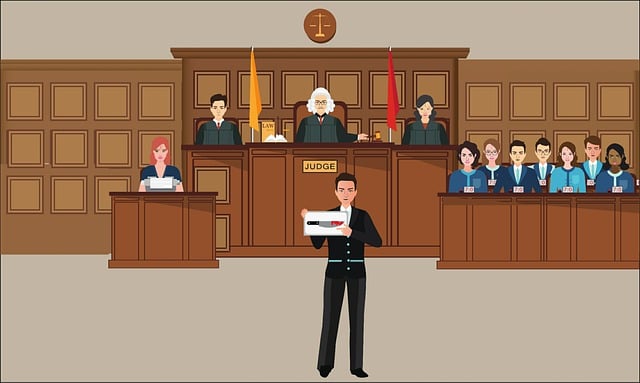
A defective equipment lawyer is essential for workers injured by faulty machinery, as they specializ…….
In the intricate world of product liability, the role of a defective equipment lawyer is pivotal in ensuring consumer safety and holding manufacturers accountable. This comprehensive article aims to dissect the multifaceted aspect of defective equipment lawyering, exploring its impact, global reach, and evolving nature. By delving into various dimensions, we will equip readers with a profound understanding of this specialized field and its significance in shaping safer product markets.
Definition: A defective equipment lawyer is a legal professional specializing in product liability cases where there has been a failure of equipment or machinery to perform as intended, resulting in harm or damage. This specialization focuses on holding manufacturers, distributors, and suppliers liable for designing, producing, or selling defective products.
Core Components:
Historical Context: The concept of defective equipment lawyering has evolved over the past century, driven by increasing product complexity and global trade. Early cases focused on simple defects, but as technology advanced, so did the challenges. Landmark legal decisions have shaped this field, establishing precedents for product recall, liability allocation, and consumer protection.
Significance: This legal specialization is crucial in several ways:
International Influence: The impact of defective equipment lawyering is not confined to any single country or region. Globalization has led to a harmonization of sorts in product liability laws, particularly through international organizations like the World Trade Organization (WTO) and the United Nations Commission on International Trade Law (UNICTRAL). These bodies provide guidelines and frameworks that influence national legal systems.
Regional Variations: Despite global trends, significant variations exist across regions:
Trending Topics:
Market Dynamics: The defective equipment lawyer plays a significant role in the economic landscape by:
Investment Patterns: Law firms specializing in defective equipment law attract substantial investments from clients seeking expert representation. This field also attracts talented lawyers who contribute to its growth and development.
Economic Systems and Legal Frameworks: Governments worldwide recognize the economic impact of product liability laws:
Impact of Technology: Technological advancements have both challenged and enhanced defective equipment lawyering:
Emerging Technologies:
Future Potential: As technology advances, defective equipment lawyering will need to adapt:
Key Policies and Regulations:
Legislative Frameworks: Each country’s legal system has its own approach, but common elements include:
Influence on Development: Policies and regulations have a profound impact on the evolution of defective equipment lawyering:
Main Challenges:
Criticisms and Solutions:
Case Study 1: The Toyota Acceleration Crisis
In 2009-2010, Toyota faced a global crisis when its vehicles experienced unexpected acceleration. This case illustrates the power of defective equipment lawyering:
Case Study 2: Philips Baby Monitors Recall
In 2019, Philips faced a product recall for its baby monitors due to a security vulnerability. Here’s how defective equipment lawyering played a role:
Case Study 3: Uber Self-Driving Car Accident
An Uber self-driving car accident in 2018 raised unique legal challenges:
Emerging Trends:
Growth Areas:
Strategic Considerations:
Defective equipment lawyering is a dynamic field that continues to evolve with technological advancements and changing consumer expectations. This article has explored various facets of this specialized legal practice, from its historical roots to cutting-edge technologies and global trends. By understanding the impact of defective equipment lawyers, we can appreciate their role in fostering safer product markets and protecting consumer rights.
As we look ahead, the future holds both challenges and opportunities. Lawyers in this field must adapt to emerging technologies, navigate complex regulatory environments, and address evolving consumer concerns. Through continuous learning, collaboration, and innovation, they will ensure that defective equipment cases are handled effectively, ultimately contributing to a safer and more accountable product landscape.
Q: What is the primary role of a defective equipment lawyer?
A: A defective equipment lawyer represents clients (often consumers) who have been harmed by defects in products, such as machinery, vehicles, or software. They advocate for fair compensation and hold manufacturers accountable for their negligence or non-compliance with safety standards.
Q: How do I know if I have a valid case against a product manufacturer?
A: A valid case typically involves a defective product that causes harm or damage, and there is evidence of the manufacturer’s liability. Defective equipment lawyers will assess your case based on factors like the nature of the defect, causation, and applicable laws.
Q: Are there time limits for filing a defective equipment lawsuit?
A: Yes, most jurisdictions have statute of limitations for product liability cases, which vary by location. It’s crucial to act promptly to preserve your legal rights. A defective equipment lawyer can provide guidance on these time frames.
Q: Can technology help in defective equipment cases?
A: Absolutely! Advanced technologies like AI and data analytics can aid in defect identification, causation analysis, and evidence collection. Digital forensics experts often work alongside lawyers to strengthen cases.
Q: How do international laws affect defective equipment cases?
A: International laws and agreements provide a framework for handling cross-border product liability. They help streamline jurisdiction issues and ensure consistent legal standards. However, each country’s legal system may have unique interpretations and requirements.

A defective equipment lawyer is essential for workers injured by faulty machinery, as they specializ…….

Defective equipment lawsuits are legal actions for individuals harmed by faulty machinery or devices…….
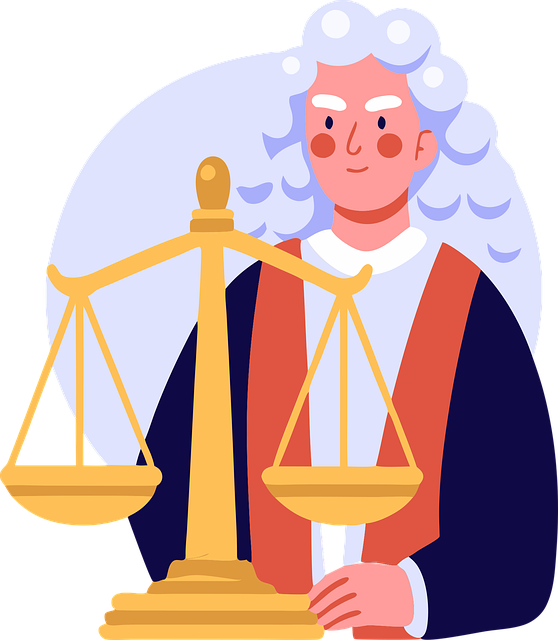
Defective equipment lawsuits require specialized legal expertise from a qualified defective equipmen…….

Defective equipment lawyers specialize in product liability claims, investigating incidents, gatheri…….
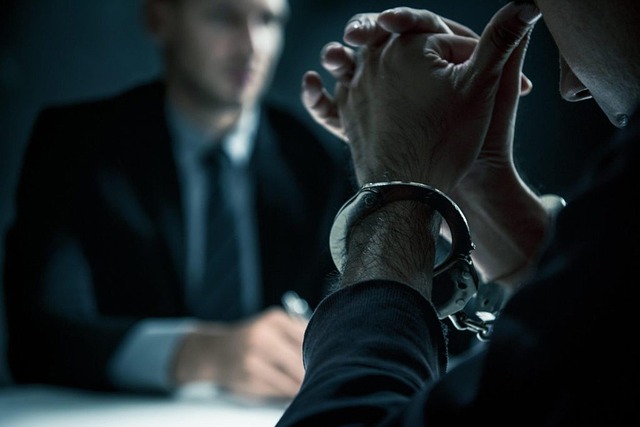
A defective equipment lawyer is crucial in navigating complex product safety regulations to secure j…….
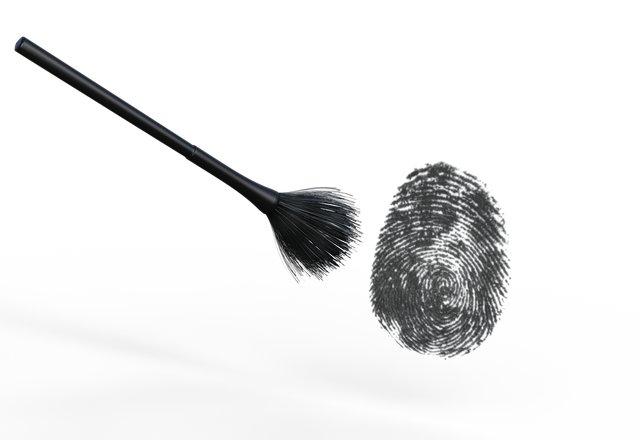
A defective equipment lawyer is crucial for individuals and businesses affected by malfunctioning ma…….

A defective equipment lawyer is vital in severe personal injury cases caused by unsafe products. The…….
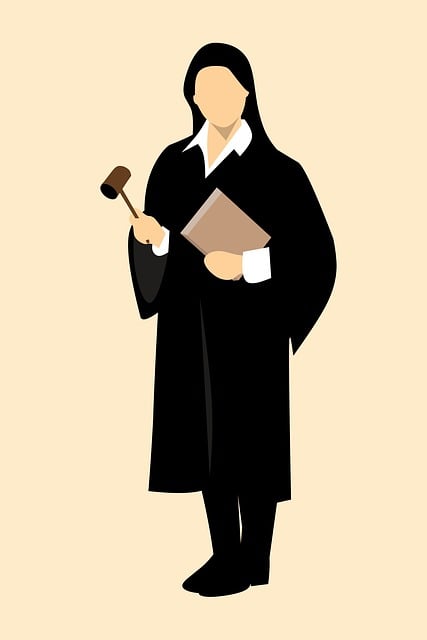
Defective equipment lawsuits require specialized lawyers with profound knowledge of product liabilit…….
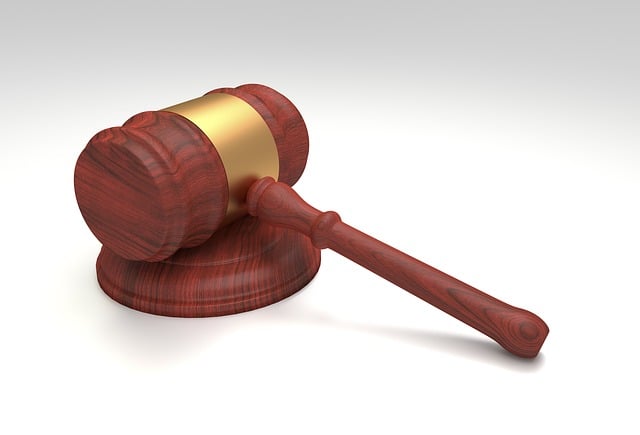
A defective equipment lawyer is vital in cases of workplace accidents caused by OSHA violations or f…….

Are you affected by a recall due to defective equipment? A defective equipment lawyer can help. In t…….